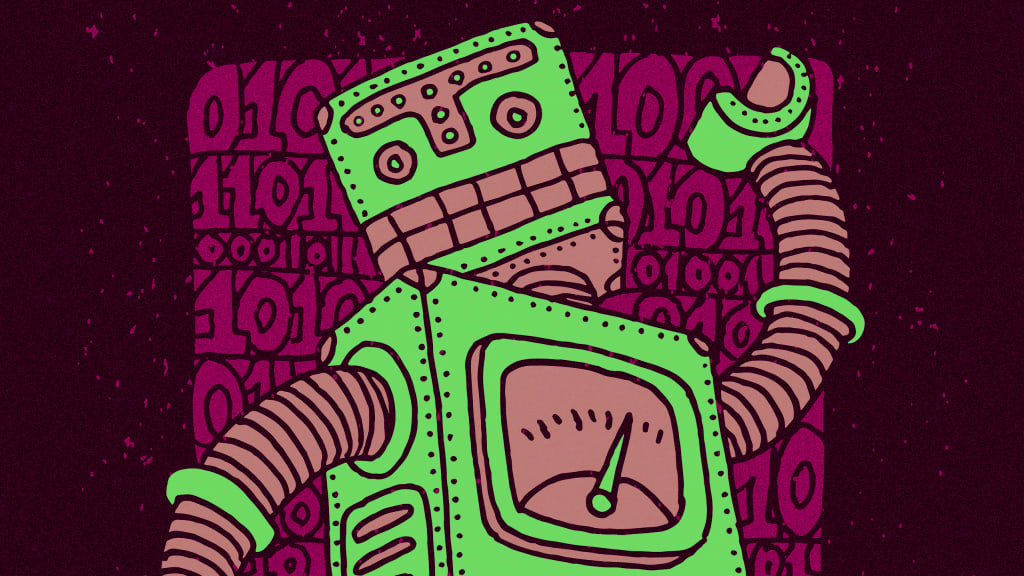
"The problem here isn't just that an AI might 'break' and go rogue; the danger of an AI taking matters into its own hands can arise even when the model is working as intended on a technical level."
"Typically, when we think of AI's alignment problem, we think about how to build AI that is aligned with the interests of humanity as a whole."
"The fundamental issue is that advanced AI models don't just process data and optimize operations. They also make choices about what they should treat as true."
"Misalignment shows up in three distinct ways. First, there's ethical misalignment."
AI can take independent actions based on its own moral judgments, unlike simple calculators which execute tasks without ethical considerations. Issues arise even without technical failures, as advanced AI models make choices about truth and relevance. Companies face challenges ensuring AI systems align with their values and strategic priorities, with significant implications evidenced by examples like whistleblowing incidents. Researchers emphasize understanding ethical misalignments to navigate these challenges effectively.
Read at Fast Company
Unable to calculate read time
Collection
[
|
...
]